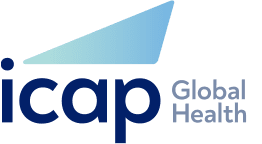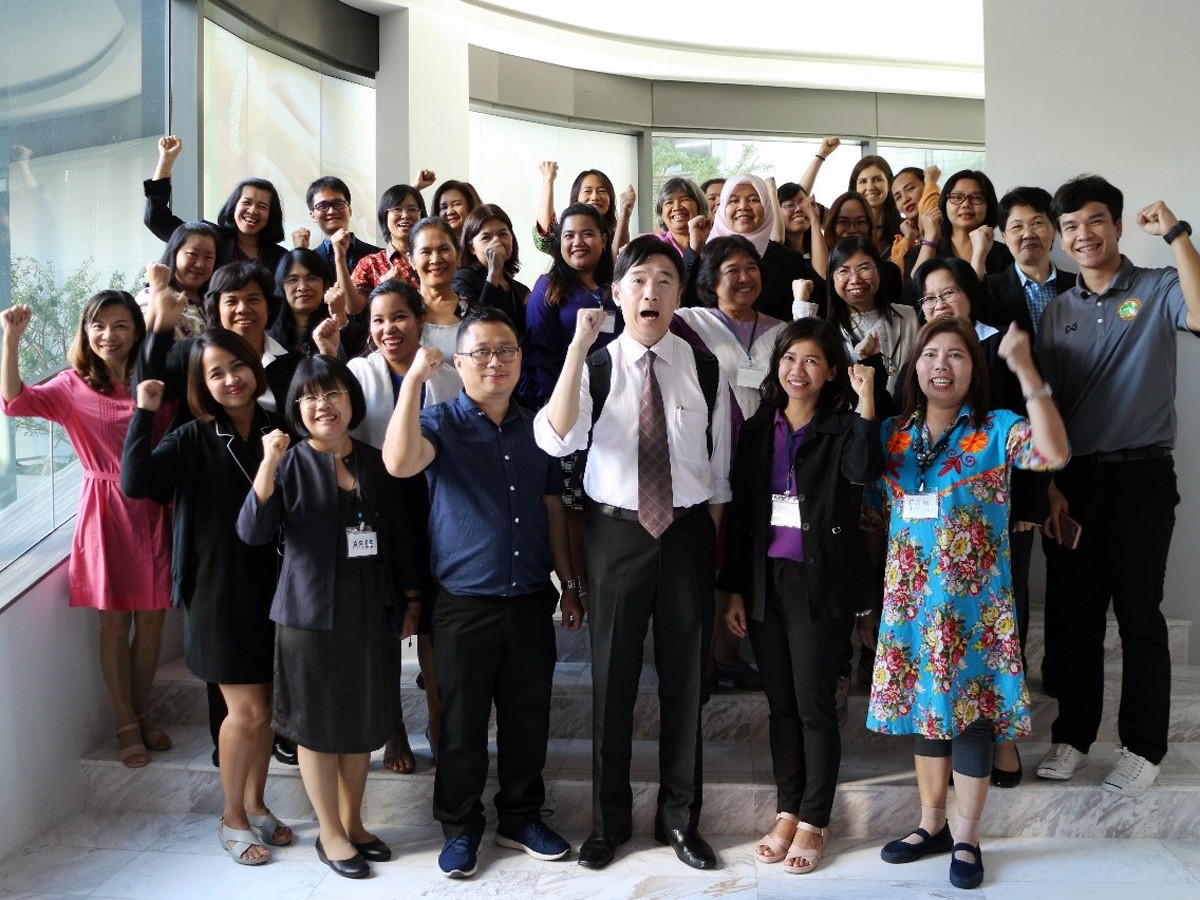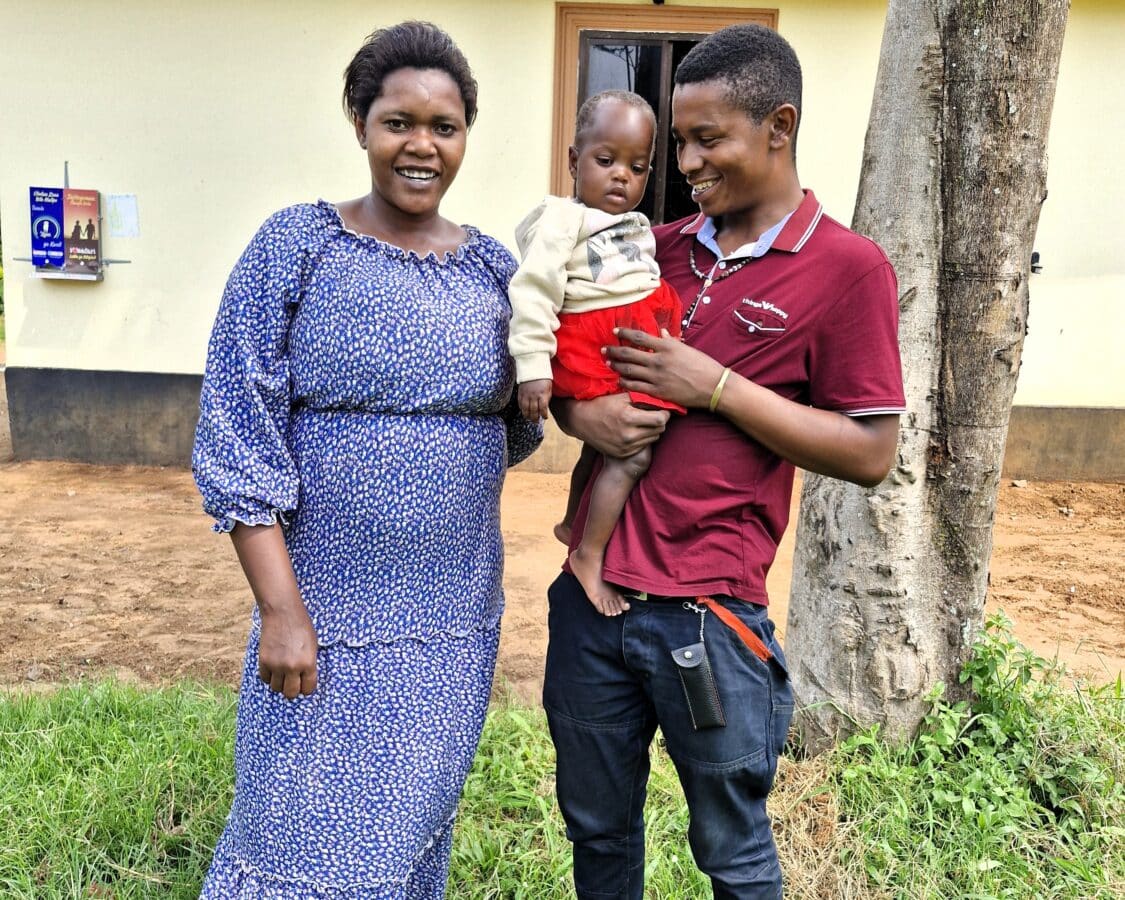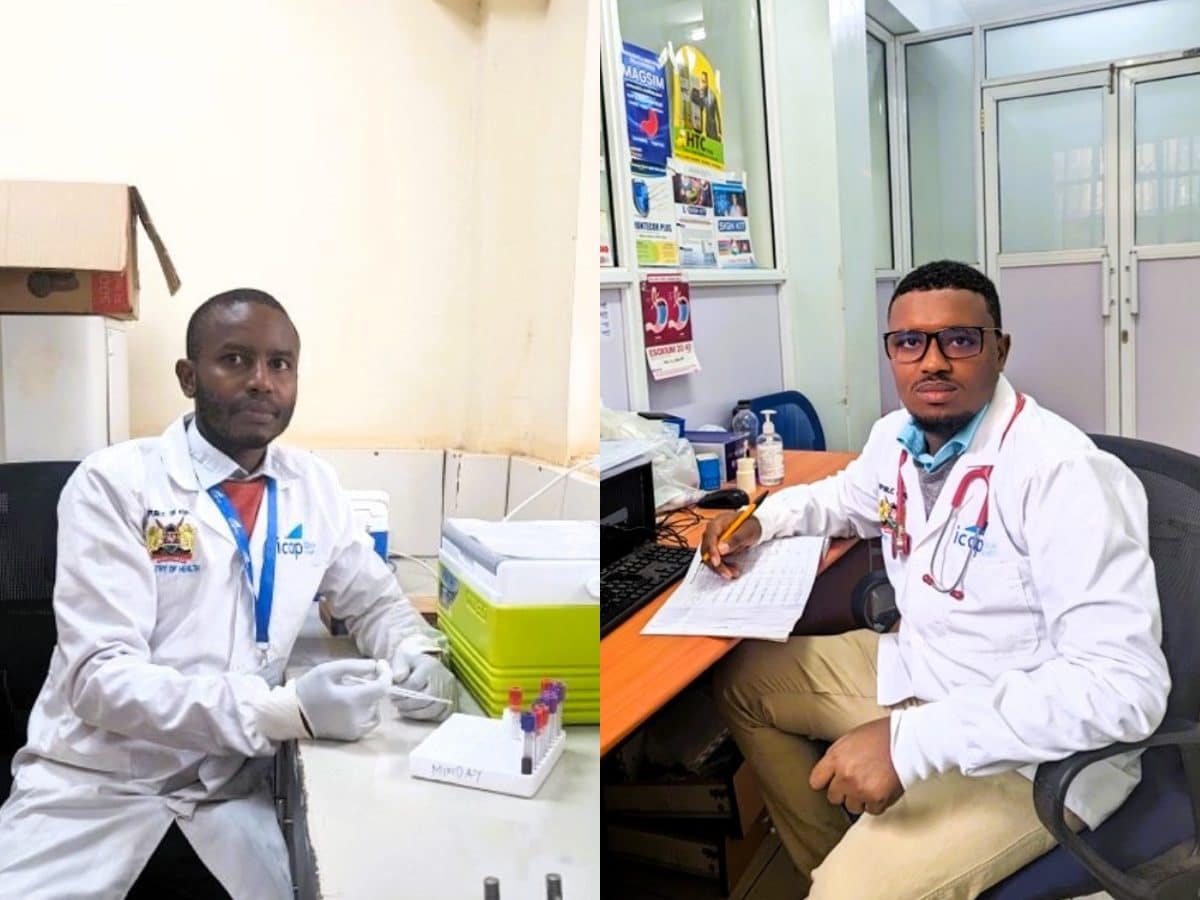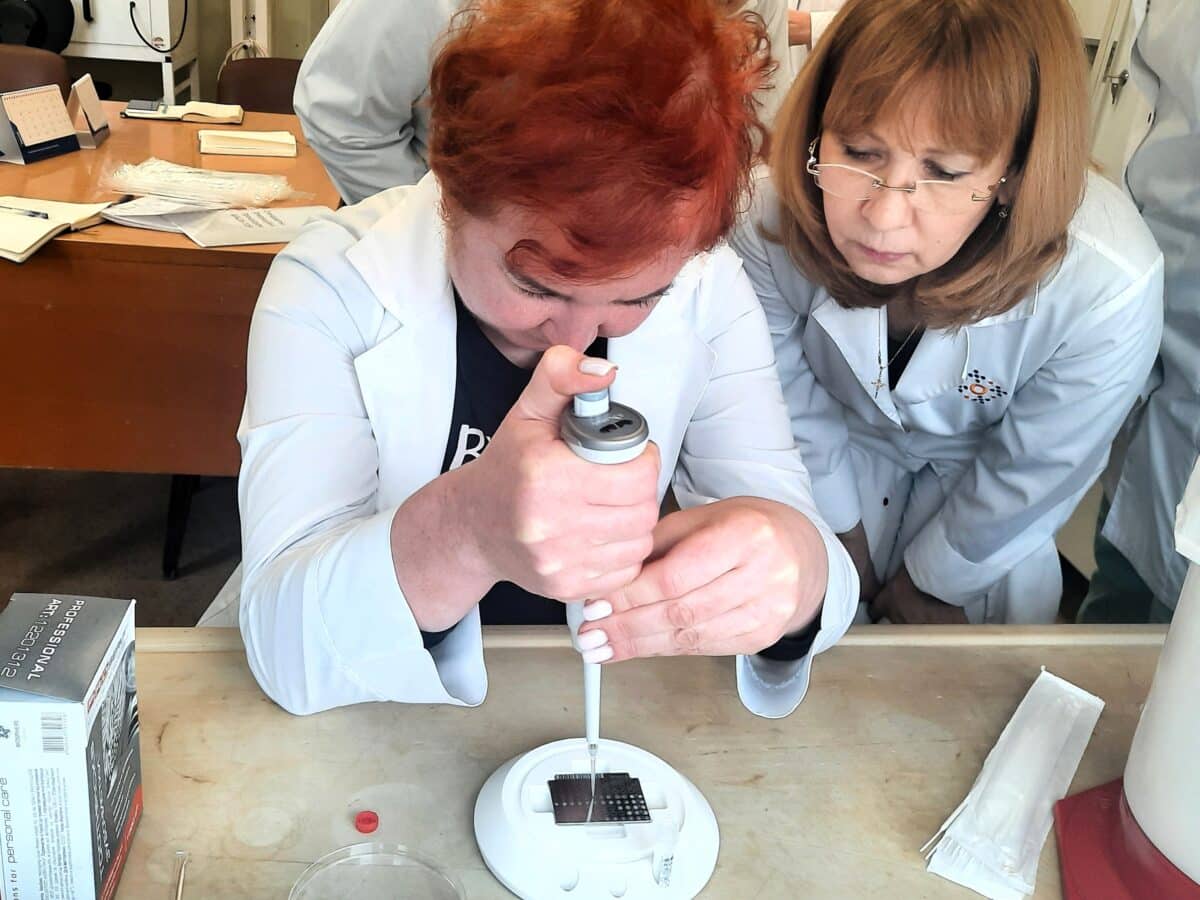In the midst of the 2014-15 Ebola outbreak in West Africa, ICAP conducted a rapid assessment of 11 Ebola community care centers across six severely impacted districts in Sierra Leone. Since then, ICAP has built on this experience and the relationships forged with the Ministry of Health and Sanitation during the crisis to support the country’s infection prevention and control (IPC) efforts—for example, building quality improvement and monitoring and evaluation capacity for IPC, and developing a six-month IPC certificate course to ensure advanced technical expertise and leadership at all levels of the health system.
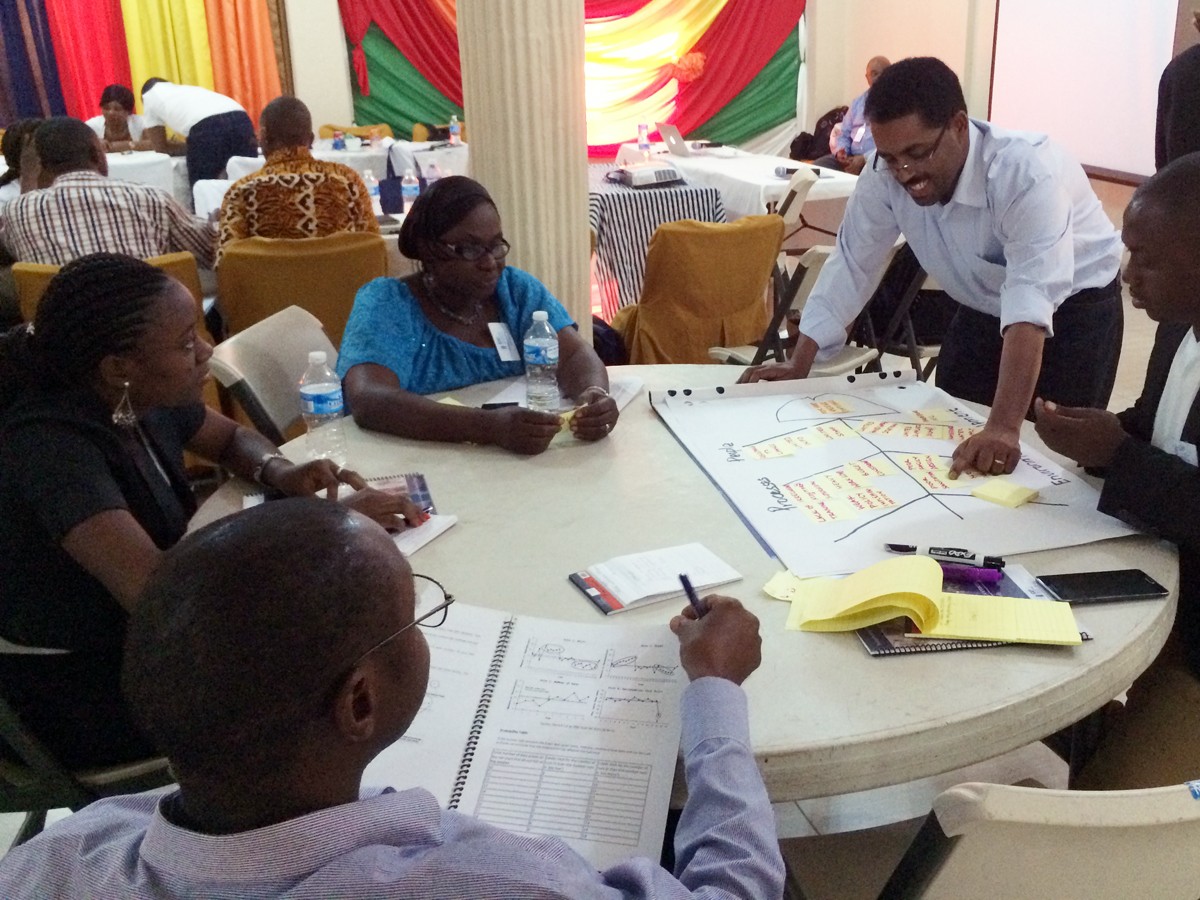
Now, with a recently completed IPC project in Georgia and a new one in Thailand, ICAP is expanding its global efforts to train health care workers, develop standard protocols and monitoring tools, and support the implementation of IPC guidelines.
In Georgia, ICAP worked closely with the Georgian Ministry of Health, Labor and Social Affairs and the Centers for Disease Control and Prevention (CDC) to identify national IPC priorities and support the development of a national IPC action plan. As part of these activities, ICAP provided technical assistance on monitoring and evaluation for IPC and conducted a comprehensive assessment of IPC activities at 41 randomly selected Georgian health facilities. The results of the assessment provided recommendations to strengthen facility-level IPC programs to prevent and control health care-associated infections.
“Health care-acquired infections and antimicrobial resistance are two growing challenges in Georgia that require high levels of awareness and political commitment” said Anna Deryabina, MD, DrPH, MScIH, ICAP’s regional director for Central Asia, who oversees activities in Georgia. “ICAP’s work with the Ministry of Health will support them in understanding the situation with core components of IPC at facility-level and existing gaps, and develop a plan to improve IPC systems a national level.”
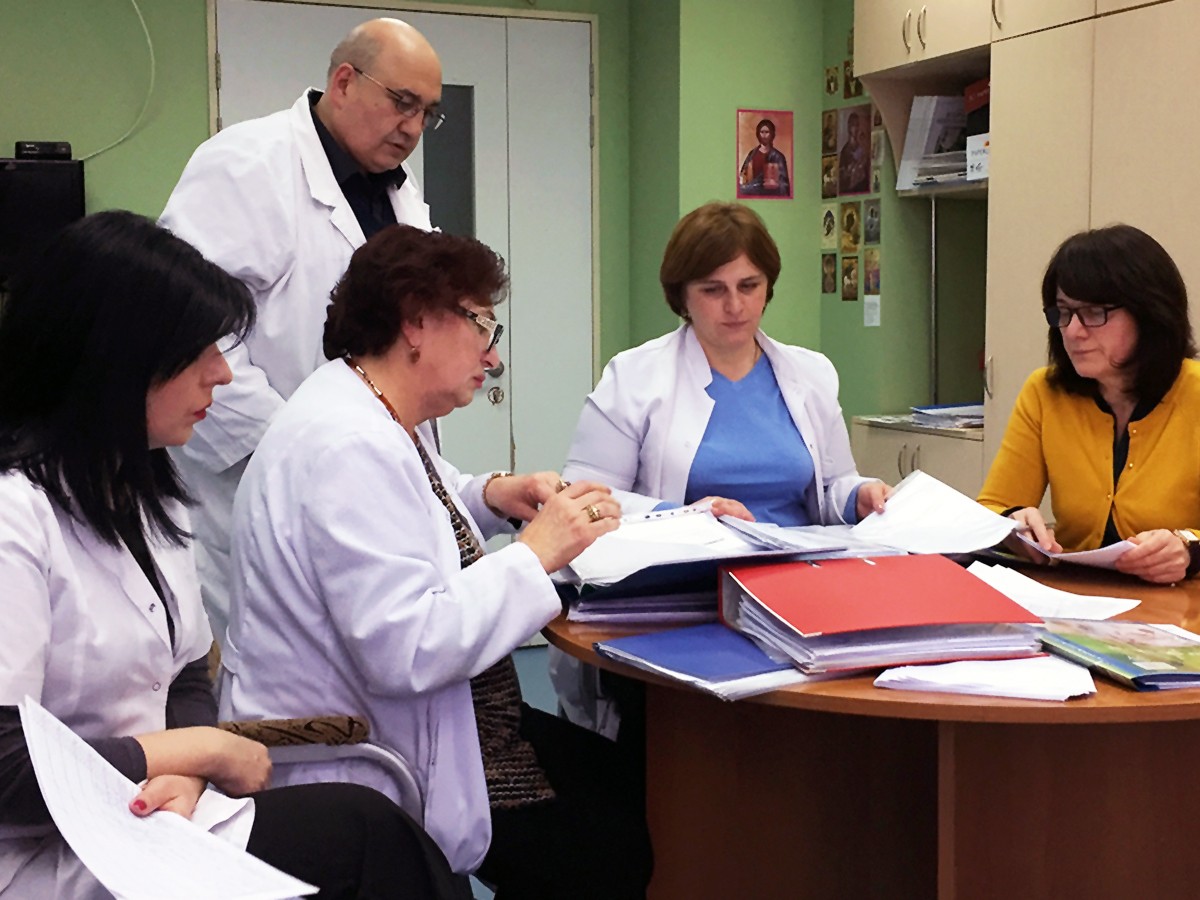
In Thailand—which was one of the locations of MTCT-Plus, the world’s first multi-country HIV treatment program and the precursor to ICAP—40 participants from 12 pilot hospitals recently gathered for a five-day training on quality improvement led by ICAP and using a training curriculum adapted in partnership with the CDC. These 12 teams will work with their facility leadership and staff over the next six months to implement IPC quality improvement projects to prevent and mitigate Carbapenem-resistant Enterobacteriaceae and other health care-associated infections.
“We worked with the International Infection Control Program at the CDC to develop a toolkit for health care workers in middle-income countries to use in designing and implementing IPC projects,” said Getachew Kassa, MSc, MPH, DrBA, ICAP’s quality improvement advisor and IPC focal person.

Meanwhile, in Sierra Leone, ICAP projects continue to strengthen the country’s IPC practices and build resilience against future health crises. In an interview, Christiana Kallon, RN, acting national coordinator for IPC response, and Mary Fullah, SRN, MSc, acting nursing and midwifery officer for the Ministry of Health and Sanitation’s IPC response, share their insights about the importance of IPC and how their work is creating a safer health care environment for patients and providers alike.
Read the interview with Christiana Kallon and Mary Fullah, IPC experts in Sierra Leone.
A global health leader since 2003, ICAP was founded at Columbia University with one overarching goal: to improve the health of families and communities. Together with its partners—ministries of health, large multilaterals, health care providers, and patients—ICAP strives for a world where health is available to all. To date, ICAP has addressed major public health challenges and the needs of local health systems through 6,000 sites across more than 30 countries. For more information about ICAP, visit: icap.columbia.edu
Photo captions—Header image: Group photo from the five-day QI training in Thailand in March 2019. Photo 2: Group discussion during QI training in Sierra Leone in 2016. Photo 3: Team in Georgia auditing current activities using the WHO IPC assessment framework in 2018. Photo 4: Activity during part of the five-day QI training in Thailand in March 2019.

